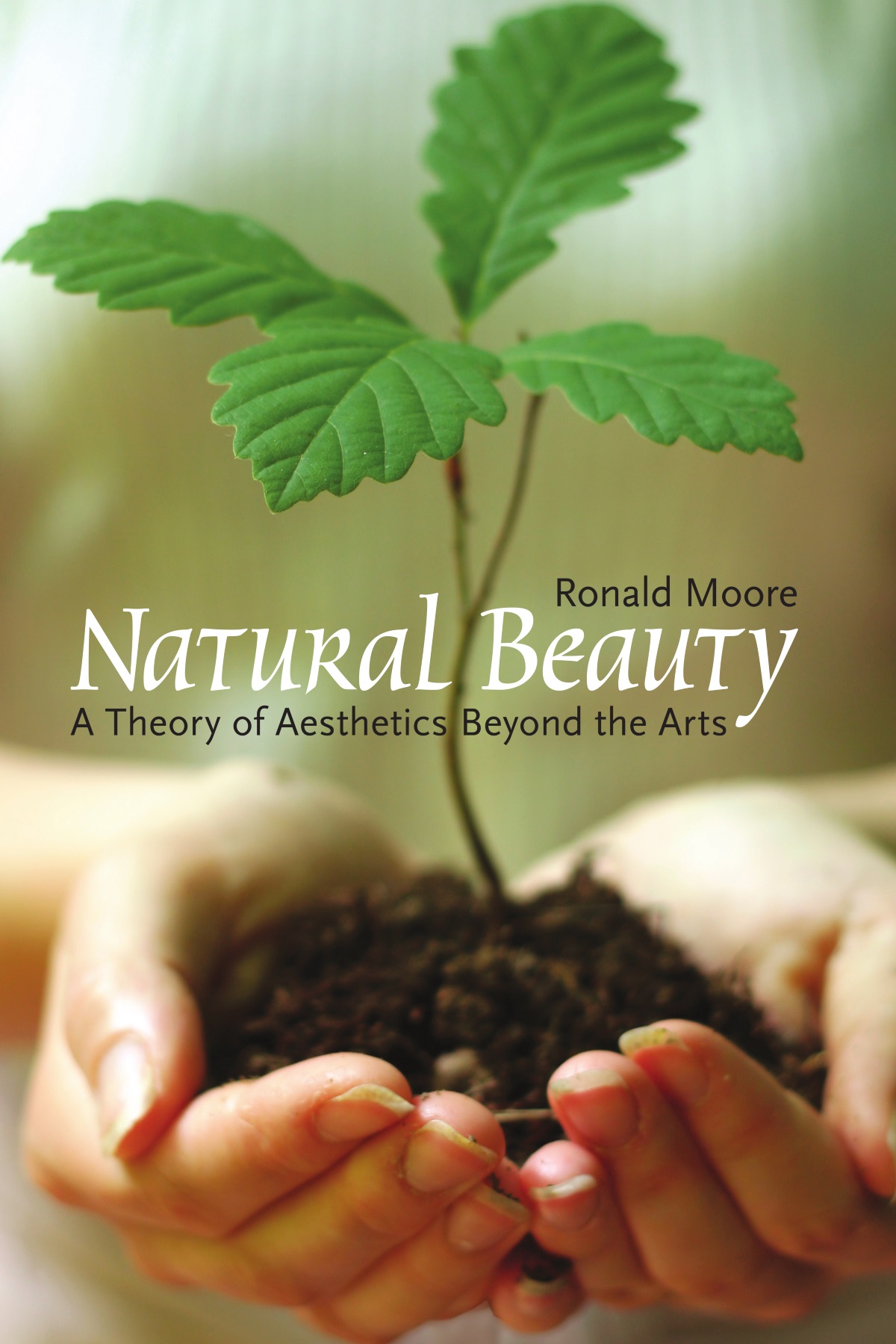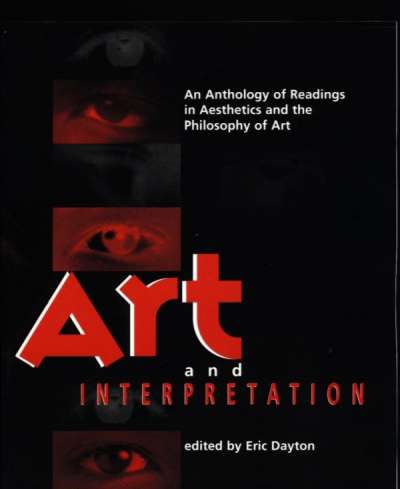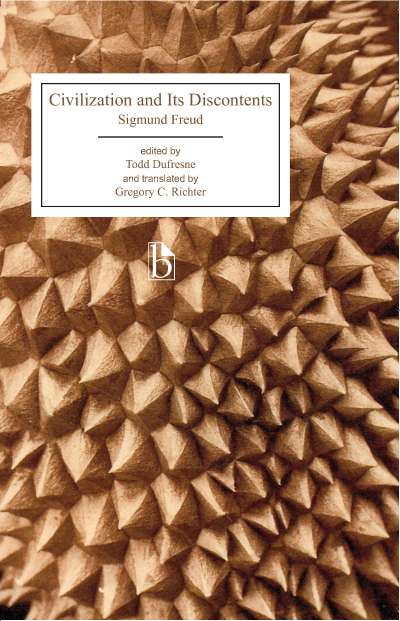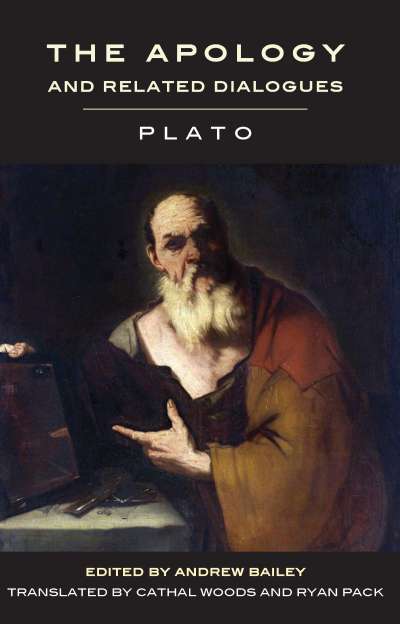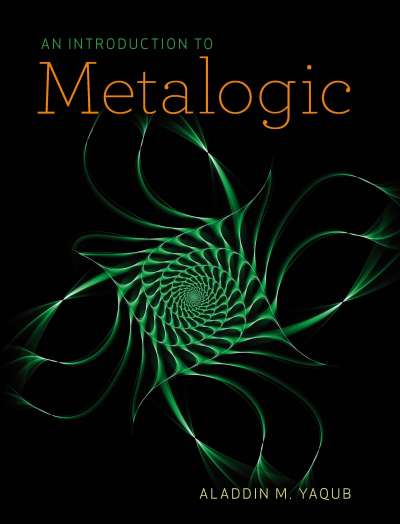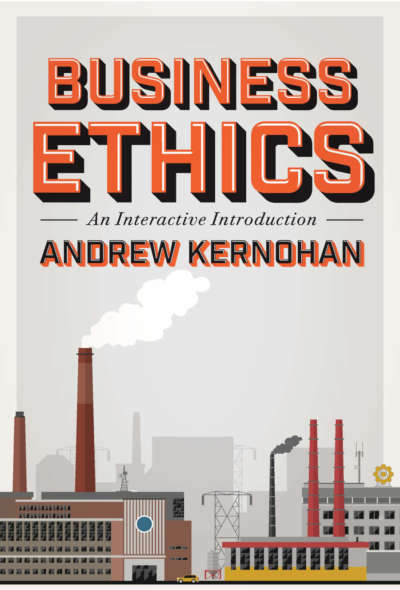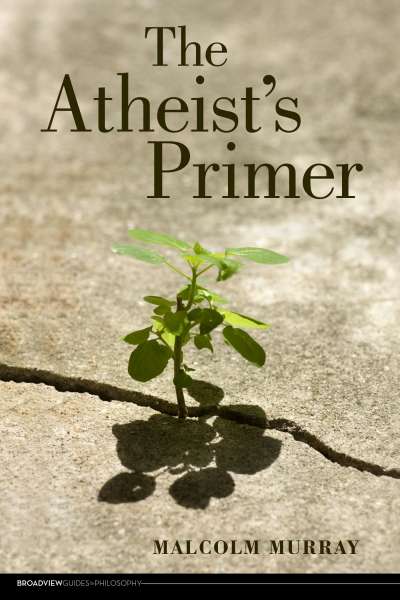Natural Beauty was selected for the Choice Outstanding Academic Title list for 2008!
Natural Beauty presents a bold new philosophical account of the principles involved in making aesthetic judgments about natural objects. It surveys historical and modern accounts of natural beauty and weaves elements derived from those accounts into a “syncretic theory” that centers on key features of aesthetic experience—specifically, features that sustain and reward attention. In this way, Moore’s theory sets itself apart from both the purely cognitive and the purely emotive approaches that have dominated natural aesthetics until now. Natural Beauty shows why aesthetic appreciation of works of art and aesthetic appreciation of nature can be mutually reinforcing; that is, how they are cooperative rather than rival enterprises. Moore also makes a compelling case for how and why the experience of natural beauty can contribute to the larger project of living a good life.
Comments
“In 1992 Mothersill believed that philosophers had not yet done their best work on beauty. … Ronald Moore has answered Mothersill’s challenge with a book that draws its central ideas from the history of philosophy, from Plato and Aristotle through Hume and Kant, to John Dewey and Monroe Beardsley. Moore has engaged in conversation nearly every major Western philosopher on beauty in the writing of his book. The result is a tour de force on beauty that captures the best of the canon and thrusts research on the subject in a new direction. Natural Beauty: A Theory of Aesthetics Beyond the Arts may be the most important book on beauty since Kant, The Critique of Judgment.” — Dan Vaillancourt, Loyola University Chicago in The Journal of Aesthetics and Art Criticism, Volume 66, Number 3, Summer 2008, pages 303-305
“Written in clear and elegant prose, this book is a welcome contribution to debates about beauty wherever we find it. Moore provides a refreshing reminder of what aesthetics can accomplish when it takes seriously both its history and the uniqueness of aesthetic experience.” — Jonathan Maskit, Denison University
“Natural Beauty is a well-balanced, wonderfully written, systematic and thoroughly researched book. Moore’s positive theory is so well developed and original that this book should immediately become one of the most important books in nature aesthetics. And because it takes aim at the basic concepts of aesthetic judgment, aesthetic experience and aesthetic value, it will also have an impact on the wider field of aesthetics. A genuinely impressive performance.” — John Andrew Fisher, University of Colorado, Boulder
“In this wonderfully written book Ronald Moore provides a rigorous and historically informed syncretic account of environmental aesthetics that may free us from having to choose between scientific and emotive accounts of natural beauty. I cannot wait for the debates which will follow this engaging contribution.” — Andrew Light, Editor, Ethics, Place, and Environment
“Ron Moore’s rich and subtle defense of a syncretic aesthetics of nature advances the philosophical conversation about natural beauty while empowering ordinary appreciators to more confidently delight in nature and art.” — Stephanie Ross, University of Missouri St. Louis
“Moore has written a truly impressive book on the very compelling subject of natural beauty. He surveys the most prominent views on the subject and draws a line that both sythesizes and advances their competing claims. In Moore’s view, one’s appreciation of the beauty in artifacts informs an appreciation of the beauty in nature and vice versa. It is all good, as is this clearly written, cogently argued, well informed, informative book.” — J.M. Carvalho, Villanova University — in Choice

